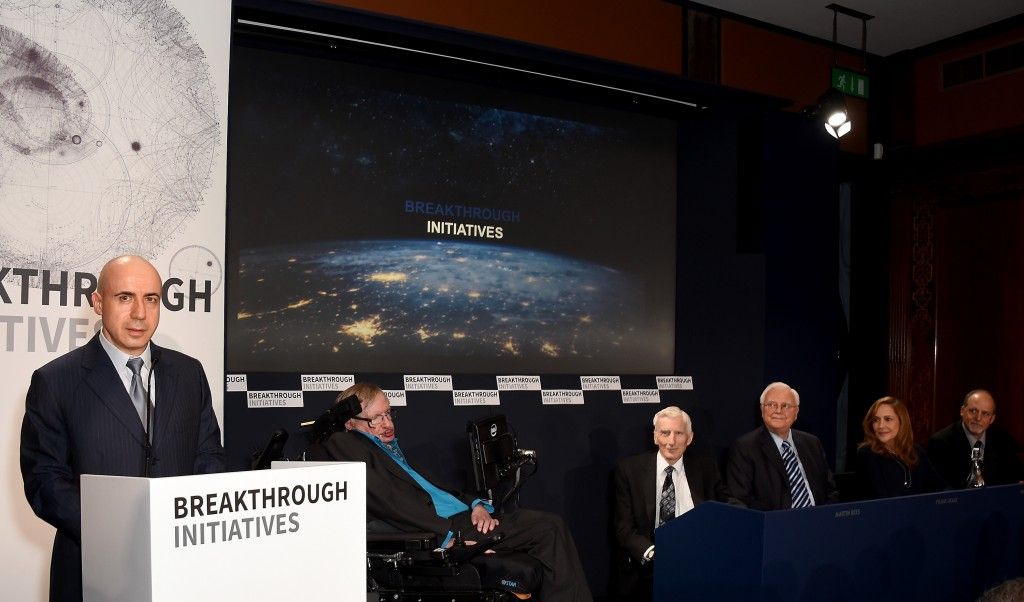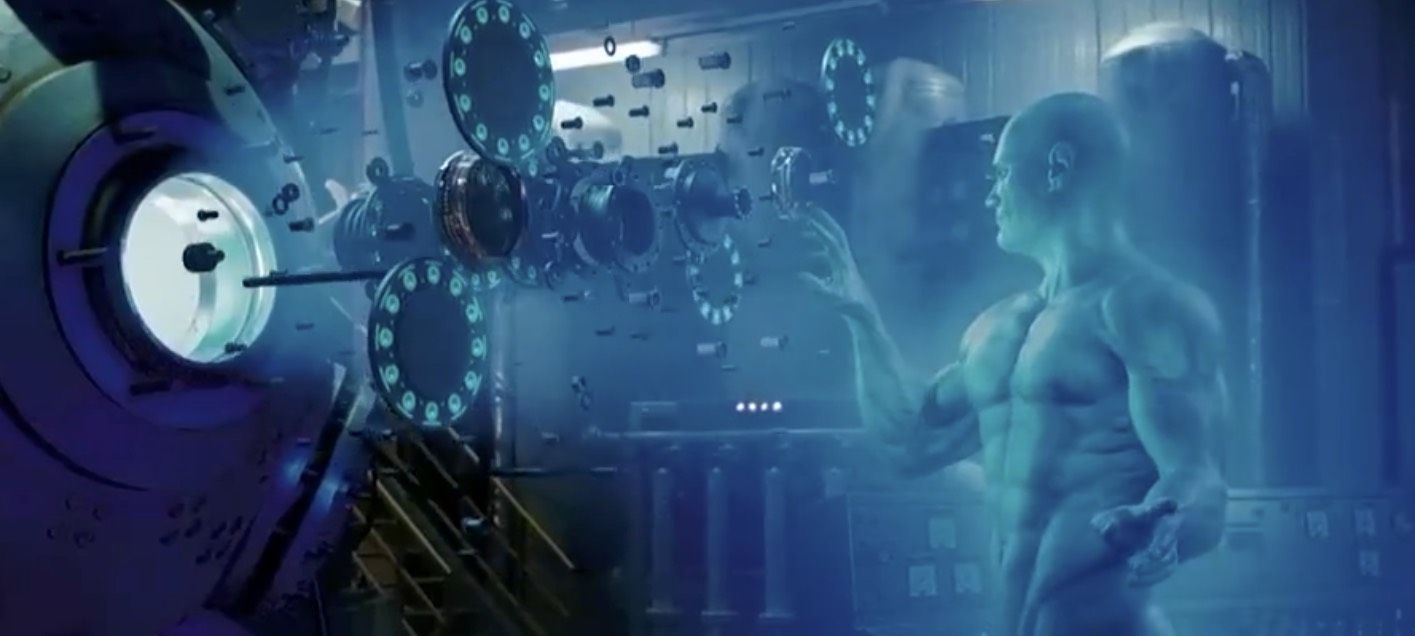One of the biggest existential challenges that transhumanists face is that most people don’t believe a word we’re saying, however entertaining they may find us. They think we’re fantasists when in fact we’re talking about a future just over the horizon. Suppose they’re wrong and we are right. What follows? Admittedly, we won’t know this until we inhabit that space ‘just over the horizon’. Nevertheless, it’s not too early to discuss how these naysayers will be regarded, perhaps as a guide to how they should be dealt with now.
So let’s be clear about who these naysayers are. They hold the following views:
1) They believe that they will live no more than 100 years and quite possibly much less.
2) They believe that this limited longevity is not only natural but also desirable, both for themselves and everyone else.
3) They believe that the bigger the change, the more likely the resulting harms will outweigh the benefits.
Now suppose they’re wrong on all three counts. How are we to think about such beings who think this way? Aren’t they the living dead? Indeed. These are people who live in the space of their largely self-imposed limitations, which function as a self-fulfilling prophecy. They are programmed for destruction – not genetically but intellectually. Someone of a more dramatic turn of mind would say that they are suicide bombers trying to manufacture a climate of terror in humanity’s existential horizons. They roam the Earth as death-waiting-to-happen. This much is clear: If you’re a transhumanist, ordinary people are zombies.
Continue reading “We May Look Crazy to Them, But They Look Like Zombies to Us: Transhumanism as a Political Challenge” »
















